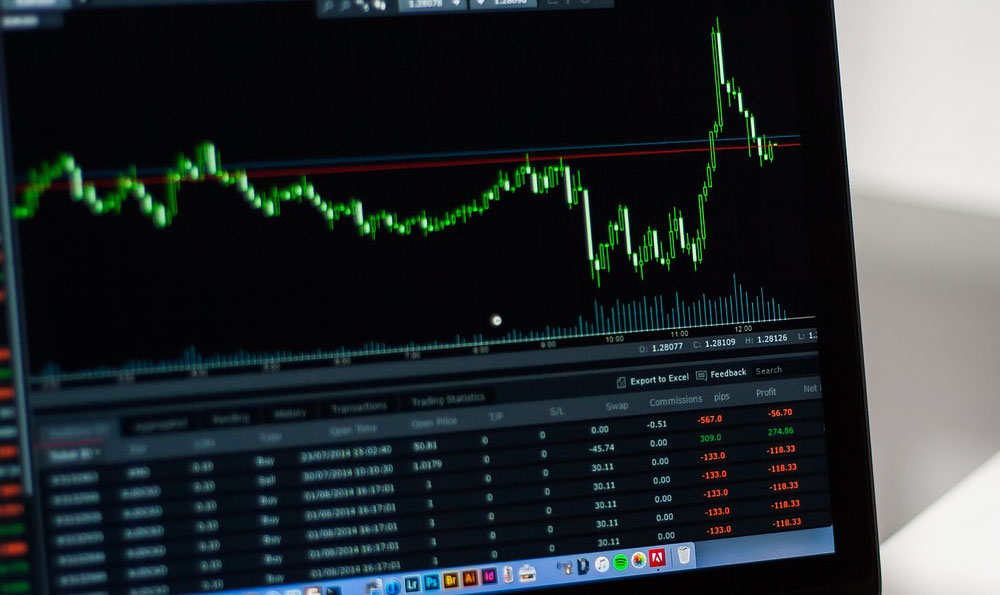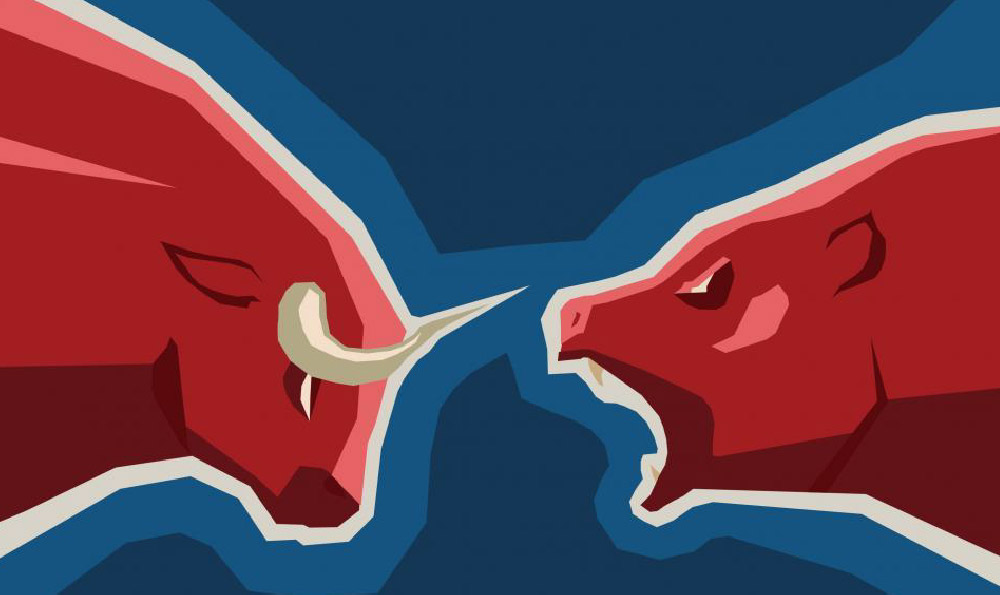The concept of wealth is inherently subjective, shaped by cultural norms, personal values, and the economic context in which individuals live. While some may equate richness with a specific monetary threshold, others might define it in terms of lifestyle, security, or the ability to pursue passions without financial constraints. This fluidity makes it challenging to establish a universal answer to the question of what amount of money constitutes richness, yet understanding the factors that contribute to this perception can offer valuable insight into achieving financial satisfaction and long-term stability. Wealth is not merely a number on a bank statement; it is a dynamic construct influenced by a complex interplay of income, expenses, assets, liabilities, and individual aspirations. To grasp this, one must consider the evolving nature of financial goals, the role of inflation in eroding purchasing power, and the psychological dimensions of money that often drive perceptions of affluence.
Throughout history, the definition of wealth has shifted alongside societal progress and technological advancements. In the 18th and 19th centuries, a farmer might consider himself wealthy if he owned a few acres of land and a modest home, while in the 21st century, the same individual might aspire to a different standard of living. This transformation reflects the increasing complexity of modern economies, where access to technology, healthcare, and education has expanded the scope of what people expect from their financial resources. Today, the notion of richness is often tied to the ability to maintain a comfortable lifestyle, invest in personal growth, and ensure financial security for oneself and future generations. However, the exact figure that defines this threshold varies widely based on location, occupation, and personal priorities. For instance, a person living in a major metropolitan area may require significantly more wealth to achieve the same level of comfort as someone in a rural setting, given the higher cost of living and housing prices in urban areas.
The geographic disparity in wealth thresholds is perhaps the most evident example of how financial definitions are not universal. In developed countries like the United States or Japan, where living costs are relatively high, wealth is often measured in terms of net worth or the ability to generate passive income. Conversely, in developing nations such as India or Brazil, the same standard of living can be achieved with a fraction of the income, given the lower cost of living and more affordable housing options. This suggests that the amount of money required to be considered rich is not a fixed value but rather a function of the economic environment in which an individual resides. Moreover, the pace of economic growth and the availability of financial instruments also play a role in shaping these thresholds. Countries with robust economies and well-established financial markets may have different benchmarks for richness compared to those with emerging economies and limited access to investment opportunities.

Beyond geographic differences, personal consumption patterns and financial goals further complicate the notion of wealth. For example, a young professional might prioritize saving for a home, while an established entrepreneur may focus on wealth preservation and transfers to heirs. These varying priorities mean that the amount of money required to achieve financial independence can differ significantly between individuals. Additionally, the role of debt in shaping perceptions of wealth cannot be overlooked. A mortgage, credit card balances, or student loans can create a sense of financial strain, even for someone with a substantial income. On the other hand, eliminating debt and building a diversified portfolio of assets can lead to a different perspective on wealth, one that emphasizes financial freedom rather than mere accumulation of cash.
The psychological aspect of wealth is equally critical, as it often influences how individuals perceive their financial status. Studies in behavioral economics suggest that people tend to associate wealth with material possessions, social status, and the ability to travel or dine in luxury. However, this perception can be misleading, as true financial well-being is often linked to the ability to manage expenses, achieve long-term goals, and maintain a sense of security. For instance, someone who has a high income but spends a significant portion on debt servicing may not be considered rich in terms of net worth, despite their apparent affluence. Conversely, an individual with a modest income but prudent financial habits, such as saving 20% of their earnings and investing in low-risk assets, may achieve financial stability much earlier than someone with a higher income but poor financial discipline.
To determine a meaningful measure of wealth, it is essential to consider not only income and expenses but also the broader economic context in which an individual operates. For example, in a period of high inflation, the purchasing power of savings may diminish, requiring individuals to adjust their financial strategies to maintain their standard of living. Similarly, during periods of economic uncertainty, such as a recession or market crash, the ability to weather financial fluctuations becomes a critical factor in assessing wealth. This highlights the importance of long-term financial planning, where diversification of assets, regular portfolio reviews, and risk management strategies play a crucial role in ensuring sustained wealth growth.
Ultimately, the question of how much money is enough to be considered rich is not easily answerable with a single figure. Instead, it requires a nuanced understanding of one's financial goals, lifestyle preferences, and the economic realities of their environment. While some may use traditional benchmarks such as income levels or net worth to gauge their financial status, others might prioritize financial freedom or the ability to achieve a desired quality of life. In either case, the path to richness involves disciplined saving, strategic investing, and a clear understanding of one's long-term aspirations. By aligning financial decisions with personal values and economic realities, individuals can navigate the complexities of wealth accumulation and achieve a sense of financial fulfillment that is both meaningful and sustainable.












